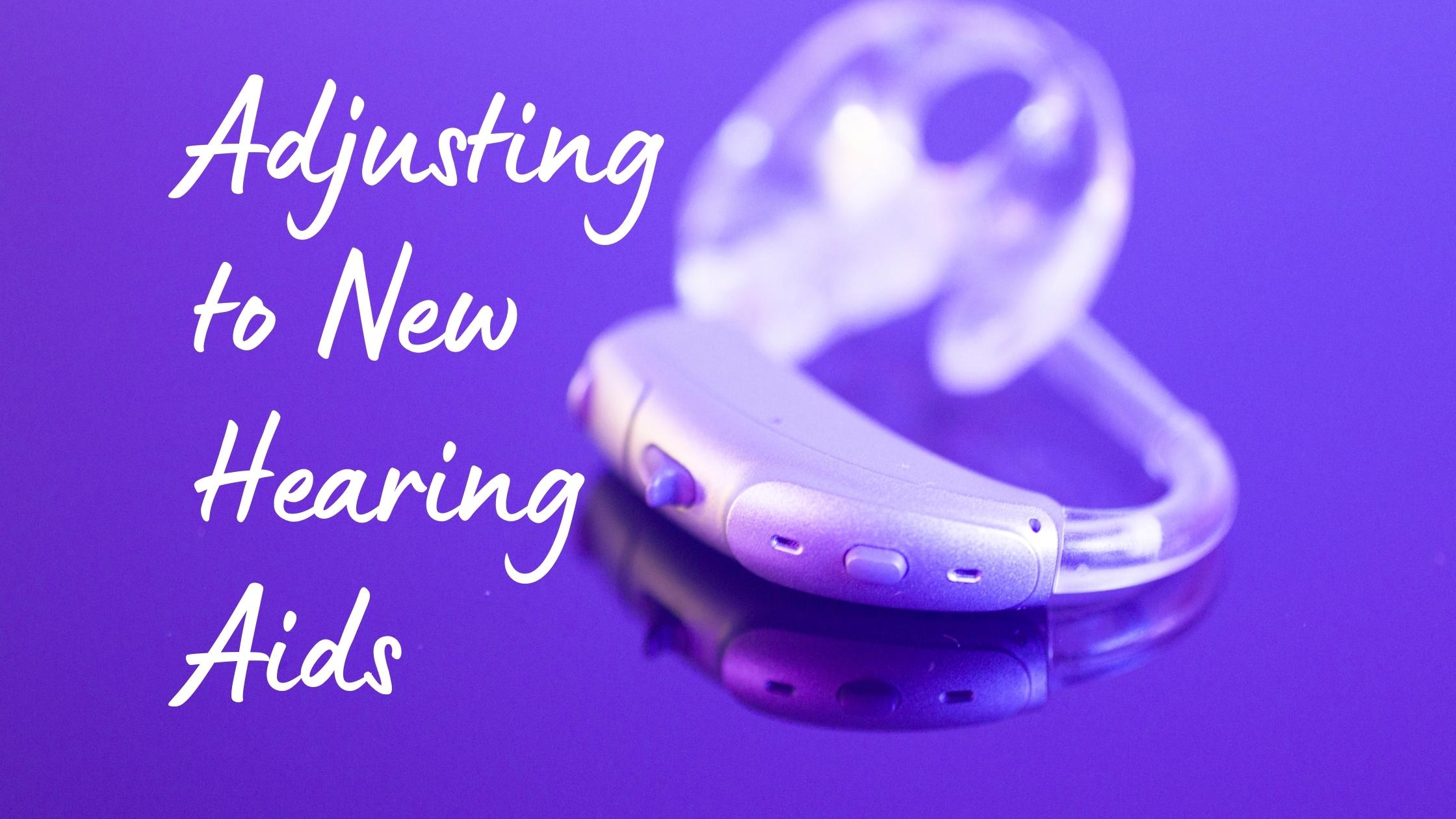Choosing to intervene in hearing loss with hearing aids is a proactive step in confronting hearing loss. And hearing aids are proven to have markedly positive impacts in the lives of people who choose to invest in their hearing health. They come highly recommended not only by audiologists, but also by the demographic with the most hands-on knowledge of how hearing aids can help. A vast majority of hearing aid wearers would recommend hearing aids to a friend with hearing loss in addition to reporting improved relationships with friends and family.
Now that you’ve decided to make hearing aids a stepping stone on your path to easier communications and better hearing, you should know that it’s slightly more complicated than flicking the ‘on’ switch back to hearing mode. Hearing aids take a period of adjustment for most people, so be prepared to factor in a bit of time as you get used to a new hearing environment.
Most people prolong intervention
The average period of time between the onset of hearing loss and intervening with hearing aids is about a decade. That provides quite a bit of time for you to adjust to less sound information. You may have developed strategies or habits to circumvent your hearing loss.
Certainly, your brain has gotten used to a quieter existence and after a decade of declining sound, the sudden appearance might be a lot to take in.
Introduce new sounds to your brain
Your hearing aids will do much to amplify the sound around you, but it will be slightly different than your hearing before hearing loss. Prior to hearing loss, sound was transmitted to your brain from your inner ears via the auditory nerve. Now, with hearing aids, sound is traveling the same path, but because hearing aids provide mechanical amplification, the nature of that sound information is slightly different.
The brain is a marvelous muscle capable of wonderful things, but our brains usually need time to learn a new skill. Hearing with hearing aids is like introducing a new skill to your brain and only with practice will it become a less effortful natural function rather than one requiring energy.
Practice wearing your hearing aids
It sounds silly to say, but the best way to adjust to hearing aids is to practice wearing them. They say practice makes perfect and while perfection isn’t necessarily the goal, comfort and ease certainly is. Over time, your brain and body will adjust to this new way of hearing. It’s different, for sure, but given enough of a chance, it can open up a world of wider communications.
Give yourself short breaks
It can be overwhelming and even taxing in the beginning, so set an intention to wear your new hearing aids for at least a few hours every day in the beginning. Giving yourself short breaks in between sessions can help you maintain resilience in your new habit.
You can practice resilience by not pushing yourself too hard, but just hard enough. Think of a rubber band. They work best when you stretch them just enough. If you push too hard or try to extend it beyond its limit, it will break. Use that metaphor for your own comfort level. Use your hearing aids for periods of time that stretch your comfort level, but are not overwhelming. When you find your ‘rubber band’ of tolerance expanding to a breaking point, take a short break. In time, your ability to tolerate your hearing aids will increase and you will begin to enjoy your improved hearing.
Seek out other hearing aid wearers
Our team is a great resource for questions and concerns about hearing aids, but you can also seek out other hearing aid wearers for their support. Other people have their own stories about hearing aid adjustments that can be helpful to hear as you traverse the unknown. There might be friends or family members with hearing aids you’re comfortable opening up to in conversation. Alternatively, you can find local hearing loss support groups by searching online.
We’re here to help!
Be prepared for ongoing appointments with us, especially at first. Fittings can be extended up to several sessions as you work together to fine-tune your experience. The goal is to have the best possible hearing outcome, and so, investing time into making sure you’re maximizing the benefits will pay off in the end.
Hearing loss can also change and develop over the years, so it’s important to stay on top of hearing exams to ensure your hearing aids are calibrated for your most current levels.

